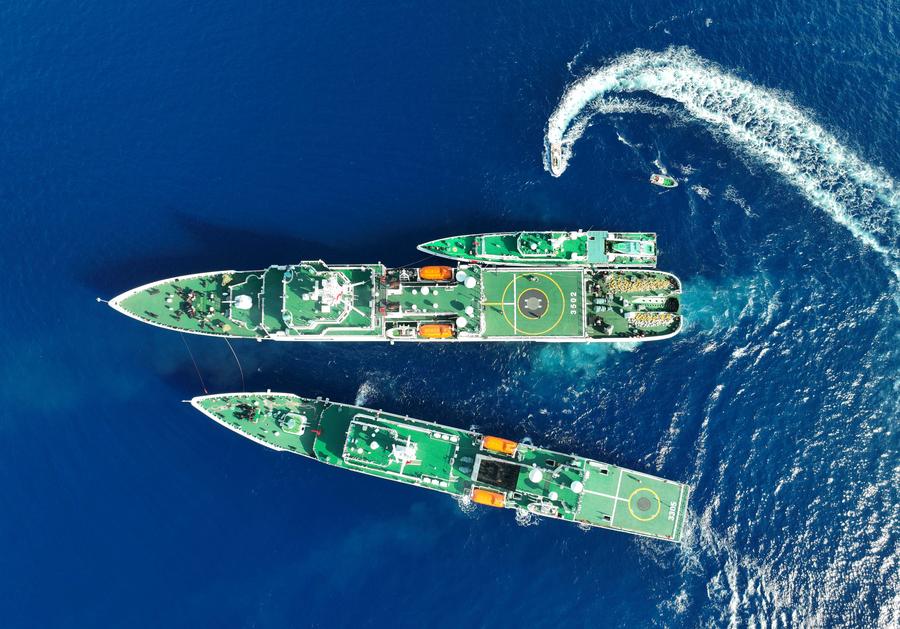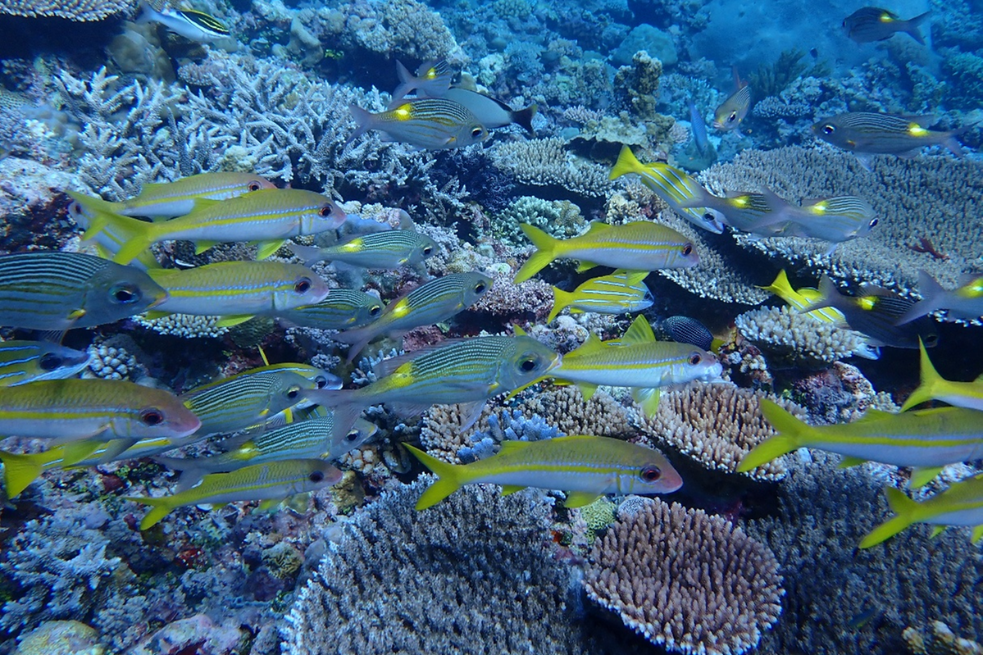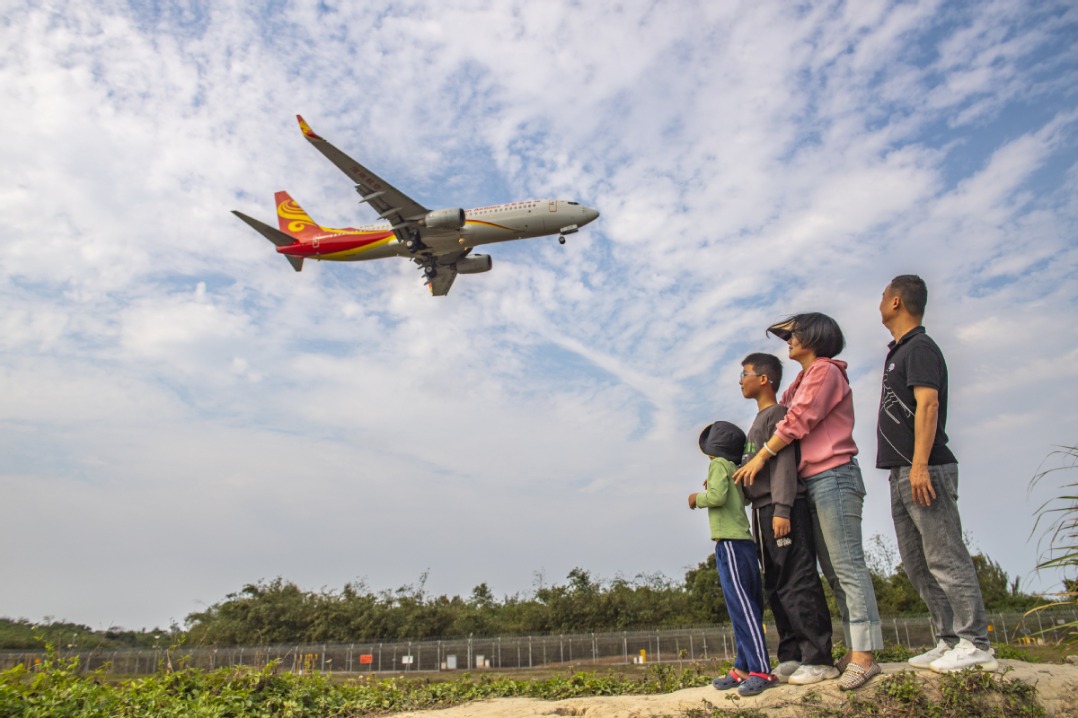China Coast Guard Procedures fully legitimate


Establishing, improving and perfecting a legal system for maritime governance are necessary measures to establish a sound maritime order. Accordingly, to implement maritime laws, the China Coast Guard recently issued the "Administrative Law Enforcement Procedures for Coast Guard Institutions" (referred to as Coast Guard Procedures).
The Coast Guard Procedures are aimed at regulating maritime law enforcement, providing a solid institutional guarantee for advancing maritime legal governance. Recently, the Philippines' Department of Foreign Affairs issued a statement, claiming China's Coast Guard Procedures violate international law. This is a typical case of "a thief crying thief", because the Coast Guard Procedures comply with international law and customary practices.
The Coast Guard Procedures are an important component of China's policy to improve regional maritime governance and uphold the rule of law. The procedures are applicable to China's jurisdictional waters and airspace in line with international legal norms, and do not constitute "rule-making beyond jurisdiction".
According to the United Nations Convention on the Law of the Sea, a country's jurisdictional waters extend beyond its internal waters and territorial seas to include contiguous zones, exclusive economic zones and continental shelves. For instance, Article 73 of UNCLOS says coastal states have the authority to take law enforcement actions such as boarding, inspection and arrest within their exclusive economic zones when exercising sovereign rights over exploration, exploitation, conservation and management of living resources.
Coastal states may even pursue foreign vessels on the high seas if they have sufficient reason to believe the people operating those vessels are violating national laws and regulations.
Yet the Philippines claims that the application of China's Coast Guard Procedures is in violation of permissible international law boundaries, which is baseless. China's sovereignty and maritime rights in the South China Sea have been established through historical practices, and are fully legitimate.
Huangyan Island is an inalienable part of China's maritime territory — China was the first country to discover and name Huangyan Island and has been controlling and exercising jurisdiction over it and the surrounding waters since then.
On the other hand, the Philippines' so-called South China Sea arbitration award, which unlawfully determined that the waters near Huangyan Island fall under Philippine jurisdiction and are part of the high seas, is legally untenable. The South China Sea arbitration award blatantly violated international law, including UNCLOS. It is an illegal ruling concocted by the Philippines and the United States.
The various forms of law enforcement, in accordance with the Coast Guard Procedures, are all legitimate. Hence, China's right to detain and inspect foreign nationals suspected of illegally entering or exiting its maritime territory are in line with international law and common practices. If the US Coast Guard can have the right to detain foreign individuals who illegally enter or exit its maritime territory, why can't China?
In the almost three and a half years of the Joe Biden administration, the US has detained thousands of people who illegally entered its waters. The Philippines' Coast Guard, too, has forcibly enforced the country's law and detained Chinese fishermen, accusing them of fishing illegally and causing environmental damage, posing a serious threat to Chinese nationals.
The implementation of the Coast Guard Procedures is part of China's efforts to enforce maritime law in order to improve regional maritime governance. The procedures clearly state that "administrative law enforcement must be based on facts and guided by the law "and should follow the principles of legality, fairness, openness, respect for and protection of human rights, and safeguarding the dignity of individuals, which is important to ensure the effectiveness and legitimacy of maritime law enforcement.
The Coast Guard Procedures also uphold international law. For instance, Article 33 of the Coast Guard Procedures states that boarding, inspection, interception and pursuit of foreign vessels should comply with the provisions of international treaties to which China is a signatory, showing China is committed to promoting the rule of law globally.
Some non-regional major powers have long been meddling in the South China Sea issues, while trying to sow discord among countries around the South China Sea. Encouraged and supported by these major powers, Manila has been making one provocative move after another against Beijing.
Of late, Manila has reneged on its commitments and denied the existence of a "gentlemen's agreement" with China, while sending its coast guard and militia vessels to Huangyan Island and Ren'ai Reef, which dangerously navigate the surrounding waters, leading to collisions with Chinese law enforcement vessels.
From May 15 to 17, a self-proclaimed civil organization in the Philippines mobilized a group of "local fishermen" to enter the waters around China's Huangyan Island. To safeguard China's sovereignty, territorial integrity and maritime rights, China's Coast Guard had no choice but to take appropriate countermeasures. And despite the Philippines' repeated provocations, Chinese maritime officials have acted lawfully, professionally and in a restrained manner to maintain peace in the South China Sea.
Maintaining peace and stability in the South China Sea is the common aspiration of China and neighboring countries. China has long demonstrated its goodwill toward the Philippines, by agreeing to jointly manage maritime disputes, hoping that the Philippines would abide by the agreements reached between the two sides, adhere to the Declaration on the Conduct of Parties in the South China Sea to resolve the differences through negotiations.
Therefore, the Philippines should return to the path of dialogue and consultation to resolve the maritime disputes, while complying with international law and respecting the agreements reached by the regional countries to maintain peace and stability in the South China Sea, and refraining from exacerbating regional tensions.
Li Honglei is a professor at the School of Law, University of Chinese Academy of Social Sciences; and Sun Nanxiang is an associate professor at the same school.
The views don't necessarily reflect those of China Daily.
If you have a specific expertise, or would like to share your thought about our stories, then send us your writings at opinion@chinadaily.com.cn, and comment@chinadaily.com.cn.




































